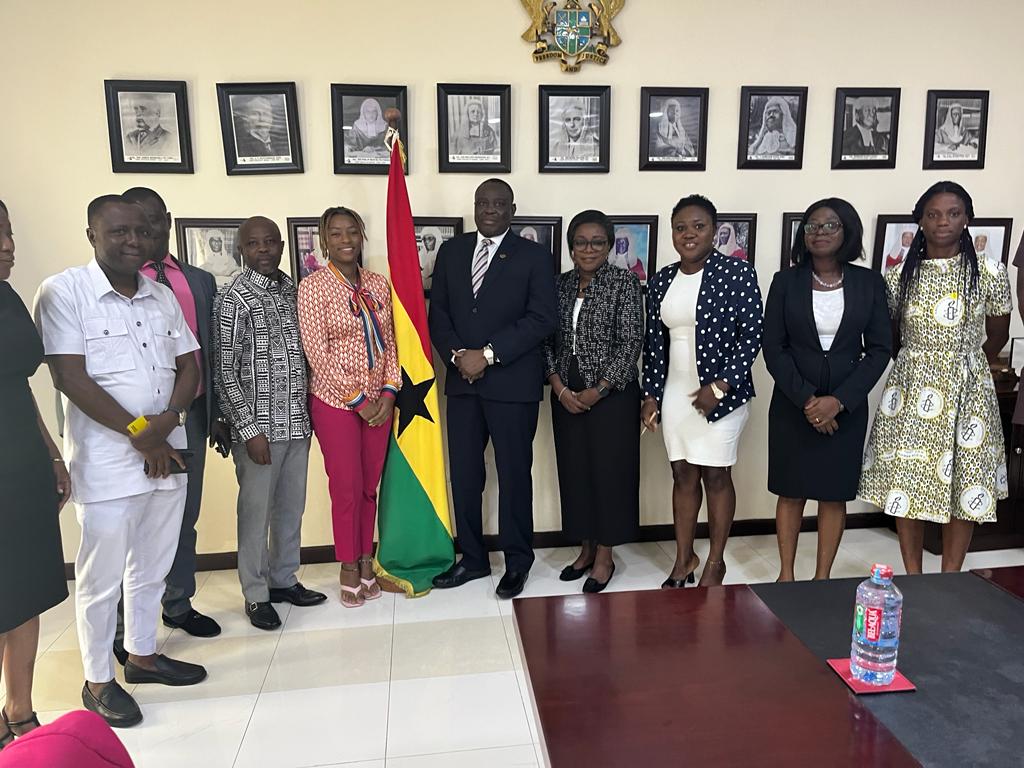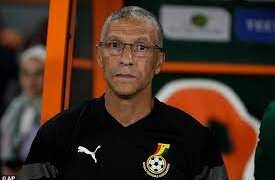Despite the clemency given to prisoners by the substantive government, the death penalty still remains in Ghana‘s statutory books.
Death penalty is a capital punishment instituted by the constitution which requires that certain crimes are punishable by death.
Over years, concerns have been raised about the cruelty of the punishment.
Amnesty International has been pushing for the scrapping of the law from Ghana’s statutory books.
As part of efforts to garner support from stakeholders in the Justice delivery system, Amnesty International and its partner Civil Society Organisation paid a courtesy call on the Chief Justice, Justice Anin-Yeboah today, April 5, 2023.
The visit was to brief the Chief Justice on the progress made so far and to seek his support and guidance on the way forward.
Addressing the gathering, Country Director for Amnesty International, Genevieve Partington reiterated the need to scrap the law.
“Since 1977 Amnesty International has been campaigning for the cancellation of the death penalty. Even though, Ghana carried out its last execution in 1993. The Criminal Code and Other Offences Act, (Act 29), 1960, still provides for the use of capital punishment for crimes of treason under the Constitution and a series of other crimes including murder and genocide“ she said
According to her, “105 countries around the world, including 19 in Africa, have abolished the death penalty for all crimes, unfortunately, Ghana which prides itself as the pacesetter is yet to expunge laws.

Even though Ghana ratified the International Covenant on Civil and Political Rights (ICCPR) in 2000, it was yet to sign and ratify its Second Optional Protocol aiming at the abolition of the death penalty.
On his part, the Board Chairman of Amnesty International, Mr Francis Nyantakyi, stated that the country could adopt a less costly route to abolish the death penalty by amending the Armed Forces Act, 1960 (Act 105) and the Criminal and Other Offences Act, 1960 (Act 29).
He described the death penalty as inhumane and a degrading punishment that cannot be reverted even when one is exonerated.
“With your support, we hope that Ghana joins our neighbouring countries Benin, Burkina Faso, Ivory Coast, Togo and a host of other African countries including Sierra Leone, and Liberia that have abolished the death penalty.
He appealed to the Chief Justice and the judiciary to use their platform to advocate for the abolishing of the law emphasising that it has outlived its usefulness
“We have the support of the president, the speaker of parliament and CHRAJ, we humbly appeal that you rally behind our quest to abolish this cruel, inhumane and degrading treatment meted out to prisoners on death row.
Currently, the bill has been tabled before parliament on a private member bill and has been referred to the appropriate committee for review.
Receiving the delegation, Justice Gabriel Pwamang assured the group of the judiciary‘s support
“ This is a good call and I assure you that you have a partner in the judiciary, Chief Justice Anin- Yeboah is on your side. As a matter of fact, the Chief Justice has issued a memo on the issue of death penalty to the government“ he said.
He stressed that the judicial service believes in the value of life and respects the right to life.
To expedite the process of scrapping the law, Justice Pwamang said “ get the Attorney General to move the process to go faster.“
Currently, the law is in parliament awaiting a second reading.


















































